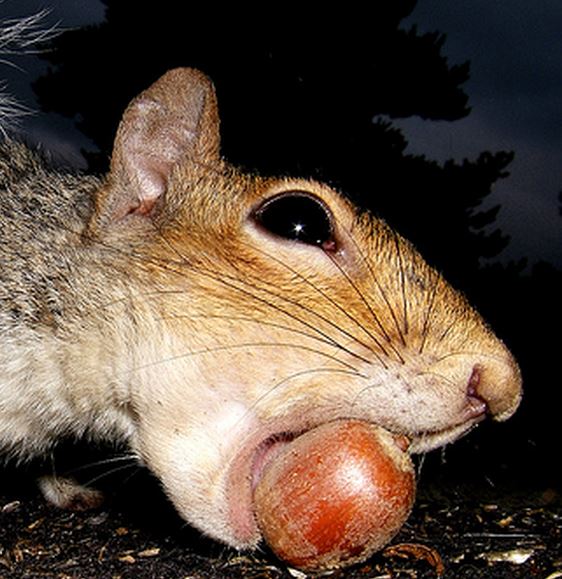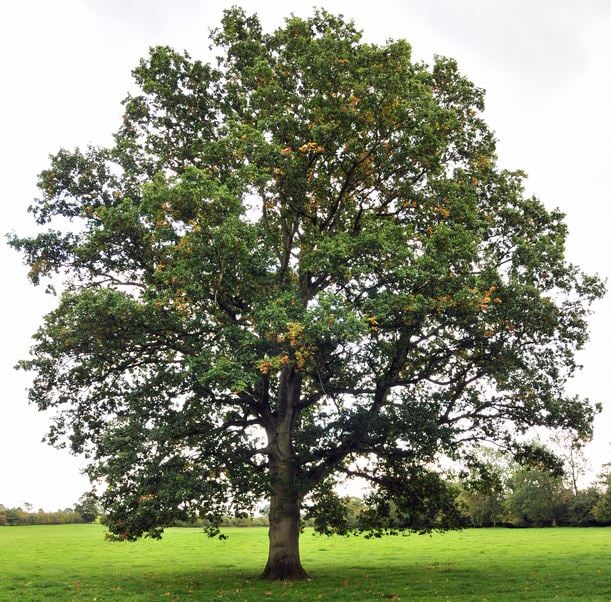The quality and quantity of British acorn crops has been affected by global warming, says a new study issued by the Woodland Trust, a conservation charity concerned with the protection and sympathetic management of native woodland heritage.
According to a new study which analyzed data by members of the public on Nature’s Calendar, warmer years have led to less synchronised flowering in oak tress and poorer quality acorn crops.
Professor Tim Sparks, who works at Coventry University’s Faculty of Computing and Engineering, analysed more than 160,000 pieces of data and found that when the flowering date of oak trees varies by just four days, the mean fruiting score for the acorn crop produced for that year declined by 20%.

Many species, including squirrels, rely on acorns as their primary food source.
Of the ten warmest years on record, eight have occurred since 2002, suggesting that the warming trend is likely to continue in the years to come.
Professor Sparks said:
“This is a preliminary result which requires further study, but there is a significant correlation for both species of native oak.”
“Synchronised years tend to be those with a later mean first flowering date, suggesting warmer years are associated with smaller acorn crops.”
Importance of Nature’s Calendar
Woodland Trust Citizen Science Manager, Dr. Kate Lewthwaite, added:
“Information added to Nature’s Calendar by the public is hugely important in helping us make sense of changes in the natural environment. Identifying trends like these can also help us better plan for the future, building the resilience and diversity of our precious native woodland.”

The acorn, or oak nut, is the nut of the oak tree (above).
Many animals rely on acorns
Acorns are the primary source of food for several species including squirrels, deer, pigeons and jays.
Many of these animals also help disperse the seeds. Synchronised flowering enables oak trees to pollinate through wind dispersal, which is much more effective than through animals.
Nature’s Calendar was started by the ‘founding father of phenology’ English naturalist Robert Marsham (1708-1797) in 1736. It is a powerful tool for assessing the impact of climate change. Phenology is the study of the effects of the seasons on plants and animals.

